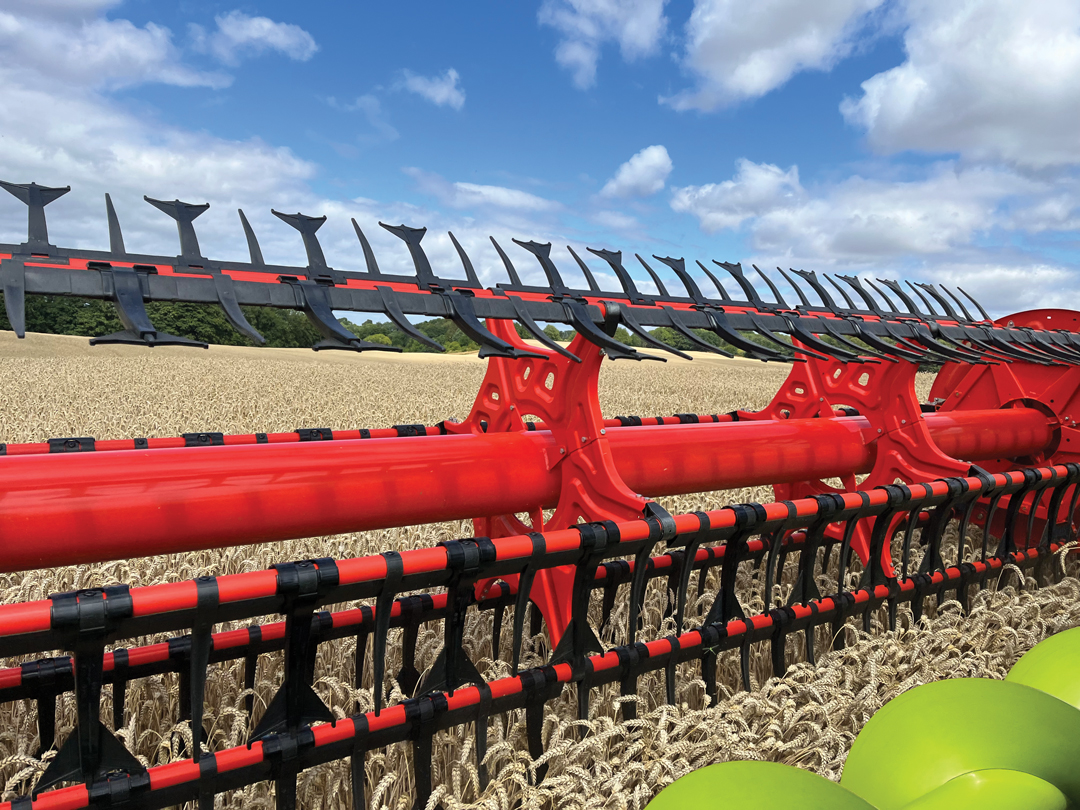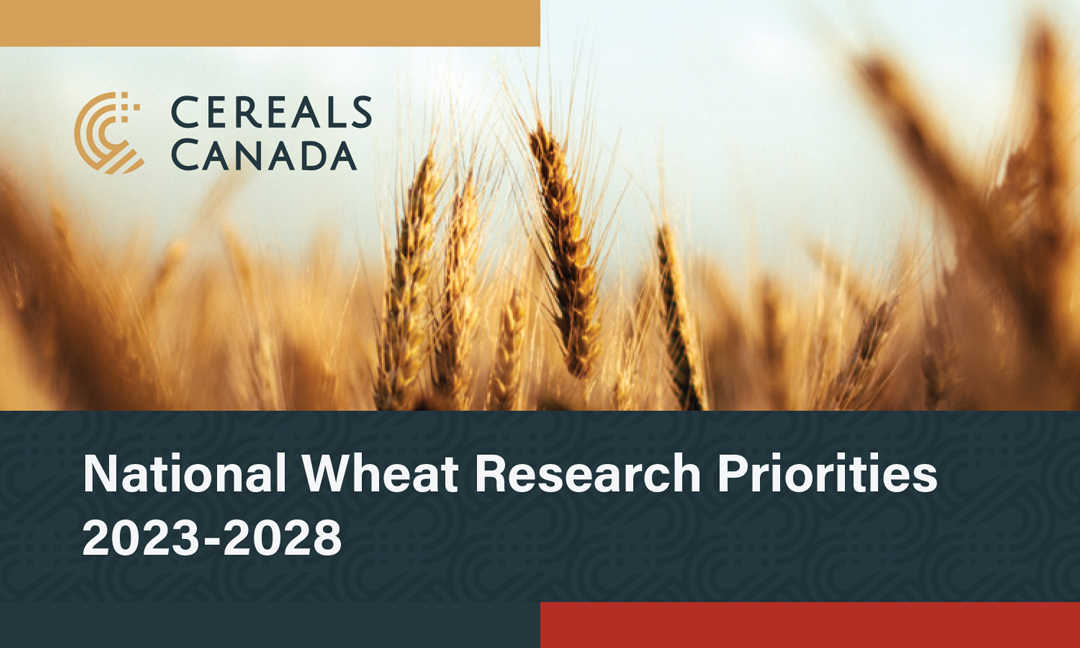SURVEY SAYS
BY TREVOR BACQUE
If it’s true you’re only as good as your data, the thinkers at Hebert Group are exceptionally good. Led by farmer Kristjan Hebert and CFO Evan Shout, the agribusiness recently partnered with Stratus Ag Research to survey 417 farmers about Canada’s agricultural policy landscape.
On sustainability in particular, Shout believes government agricultural statistics deliver warped implications because they include data from farms of all sizes, whether 15 acres or 15,000. In contrast, Hebert survey participants all earn more than $1 million annual gross farm revenue. “Those that are actually farming the majority of acres in the country are using sustainable practices in all of what they do,” said Shout. “They are quite a bit further ahead than what the census numbers show.”
Survey results suggest the most pressing needs of farmers differ from the previous generation. “The times have changed; we are in a much more high-risk, complex farm environment,”
said Shout.
The two biggest challenges farmers see are access to land and capital as well as a proper succession and transition from one generation to the next. “It used to be production and weather; that is changing,” said Shout. “Their questions are now more around entrepreneurship and business.”
Regarding education, a full one-third of farmers said a diploma in ag entrepreneurship and business would be the biggest positive change to ag-focused post-secondary programs. Thirty per cent believe it to be journeyman farmer programs for trades and labourers.
Farmers noted areas they believe need more educational options. Finance and accounting were flagged by 56.6 per cent, while 48.7 said commodity marketing and hedging. On which education category needs more learning options, a quarter of respondents said agricultural trades followed by commodity marketing and hedging (23.5) and finance and accounting (21.3).
Farm income insurance programs and subsidies are still No. 1 when it came to where the provincial and federal government should spend their money at 34.5 per cent support. International trade development came second at 23.7.
Discussing risks to their farm posed by government policy, international trade rated 38.8 per cent, followed by environment and sustainability at 33.1 per cent, a surprise to Shout. “They can control certain weather risks through insurance and other ways, but the risk they can’t control is if a policy comes in like the carbon tax or the fertilizer cap and stops them from producing the way they produce,” he said.
Even though HR was flagged among the lowest priorities, it has traction. A combined 49 per cent ranked it as a helpful option. This is driven in part by an increase in people, especially non-family members, entering on-farm careers. Farm consolidation requires increased staff levels and a greater need for HR services. Farmers also said the need for accountants and bookkeepers is crucial to their business and profitability (42.1 per cent).
Million-dollar decisions are routine on many farms. These can’t be made by one person. “If you’re busy fixing machinery or driving a tractor, you might miss things that are significant to your operation,” said Shout. “The need for specialists has become more important; 100 per cent we are starting to see complexity, size and risk driving them to these outside specialists.”
Overall, Shout hopes the survey will illuminate the complex variables dealt with by farmers and suggest ways to improve farm operations. To see the complete results, download the survey PowerPoint at kristjanhebert.com.








Comments